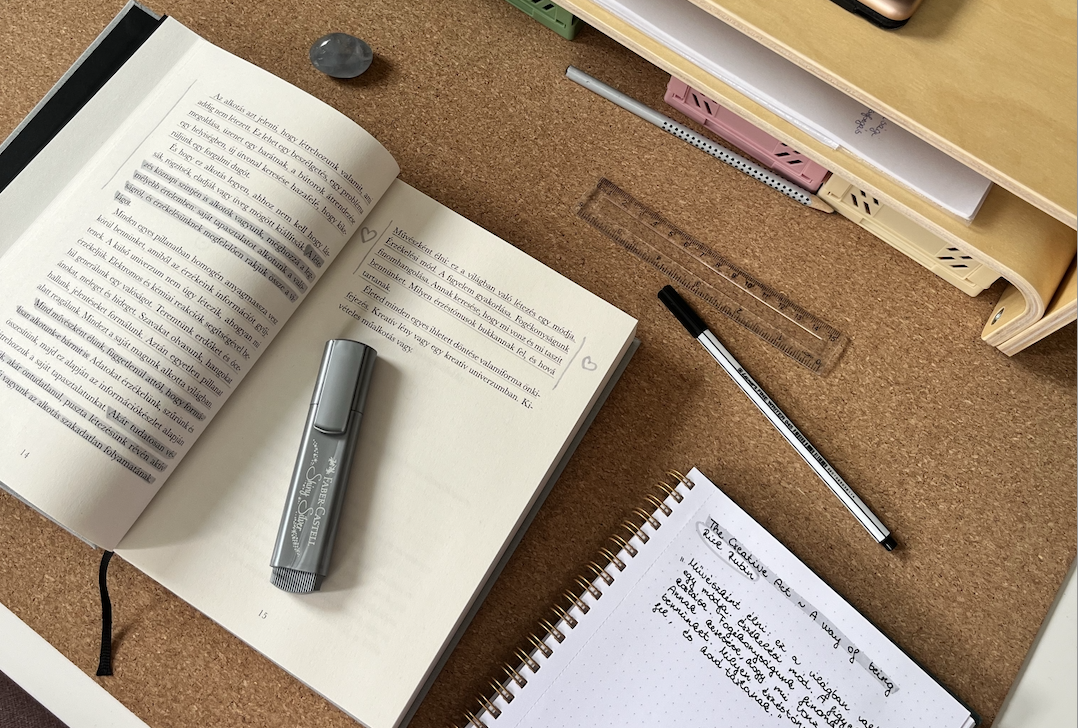You can’t ruminate your way to solutions.
One of the mistakes that I made over and over again throughout my 20’s was trying to think my way to solutions whenever I was faced with a problem.
“If I just did enough journaling about that problem (using some kinda step-by-step problem-solving / decision-making framework duh) I would surely get to the bottom of it. I just need to make more time to really think it all over.” was an actual thought I’d have, like, regularly.
I believed, with all of my heart, that if I could analyse and puzzle over a sticky problem (e.g. What do I do next with my life? How can I improve my relationship/s? How do I stop feeling that way about that thing?) enough times that I could make a fresh perspective or a new way of thinking appear.
But as I neared my 30’s and some extra sticky problems continued to hang around, unresolved, I started to pay a little more attention. Maybe it was a pre-frontal cortex development thing, Idk. With a little more awareness, I finally noticed that solutions and fresh ideas actually… almost never appeared mid-analysis. Impatiently puzzling and analysing (with or without a journal and a thoughtful decision-making framework) would often seem to block insights and realisations from coming through and leave me feeling more stuck than ever.
My stickier problems, I realised, weren’t lingering because I just wasn’t thinking about them enough. They were lingering because I was thinking about them too much and in unhelpful ways.
This is one of the most important things I’ve ever learned about problem-solving, and I want to share it with you in this post.
If you’re also a person who loves to think, puzzle and analyse (it’s an addiction) - but you’ve noticed that for your more complex, hard-to-solve problems, it doesn’t seem to be helping (you’re not alone b), here are a few ideas that have changed the way that I think about and approach problem-solving as a whole:
1: Realisations aren’t something that you make happen. They are something that happens to you.
You can gently prompt your brain for insight and patiently wait for it to come.
You can create space for fresh perspectives on old problems to arise in your mind.
You can even nudge your brain and ask it for solutions if that’s up your alley, then relax and give fresh thoughts room to arrive, like a surfer waiting for a wave.
But you can’t force insights, fresh thinking or helpful ideas to appear. They come to you, not the other way around.
2: Sometimes, you need a little thinking, then a little surrendering.
Intentional reflection on your problems, with no desire for immediate solutions, can be really helpful (see point 3 ). It serves the purpose of prompting your mind, giving it material to work with and pointing it in the right direction so that it can do its thing in the background.
Buut, if, after a reflection session or two, your thinking isn’t getting you anywhere, it might be time to lean into surrender and create space for a helpful solution to arrive.
Over and over again, this way of approaching my problems performs better than my old, more sophisticated approach of… impatiently trying to bang helpful thoughts out of my head.
3: The energy with which you problem-solve matters.
The most helpful thinking about problems usually happens when you think about problems as separate from yourself.
When your problems don’t feel attached to your identity or sense of self-worth, it’s easier to approach them with gentle, patient curiosity.
When you make your problems all about you, how capable you are and how you might be perceived, you’ll notice feelings like:
desperation
desire / want
frustration and;
insecurity
Entering the chat.
Desperation, desire, want, frustration and insecurity are often the first (common) stops on the way to a helpful solution. Don’t get too bothered by ‘em.
But when your thinking seems to keep on leading you towards those feelings, a helpful pattern interrupter is this question:
“Is following this path of thinking actually helping me?”
Or
“Has following this line of thinking in the past led me anywhere helpful, or is this a stale set of thoughts that I’ve followed before - that’s led me nowhere?”
I appreciate you,
Michelle

